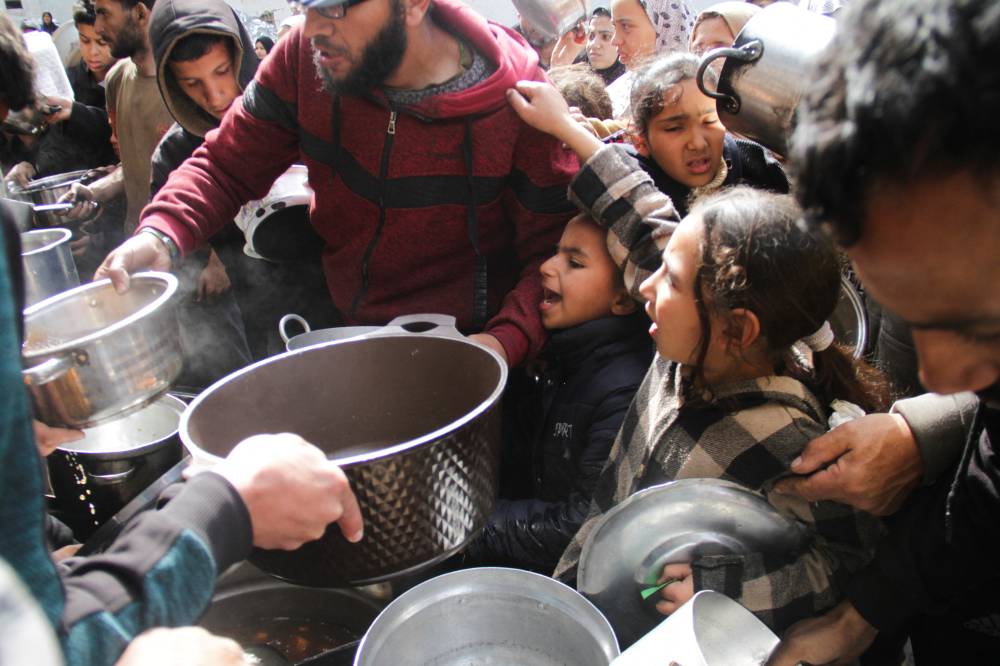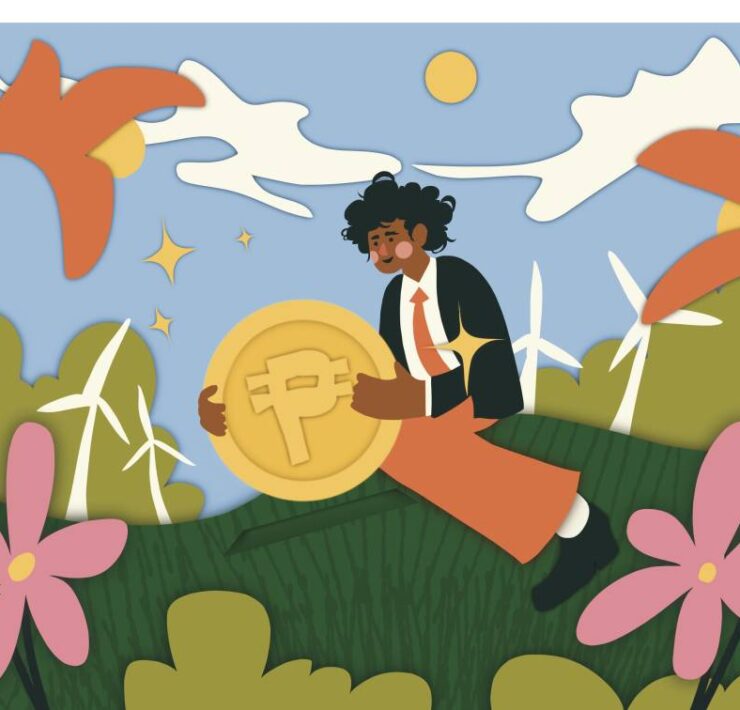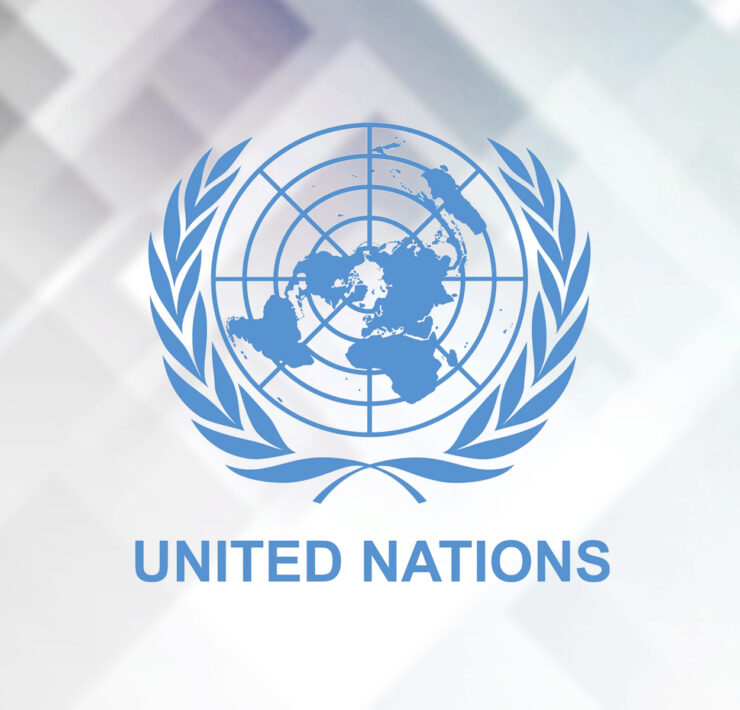Learning from innovative Zero Hunger programs in Spain, Belarus, Niger

According to the World Food Programme (WFP), as many as 309 million people across 71 countries are facing acute levels of food insecurity in 2024. The Sustainable Development Report 2024 also revealed that, at a global level, particular progress among the Sustainable Development Goals (SDG) has been stagnant since 2020, including SDG 2 (Zero Hunger).
As the world strives to attain the 2030 Agenda and the 17 SDGs, it is worth looking into the strides some countries have made toward the goal of zero hunger.
Spain’s score this year in SDG 2 indicated moderate improvement, but still with major challenges. A 2024 report on the implementation of the 2030 Agenda in Spanish companies showed a notable increase in companies’ interest in sustainability. The report, carried out by the United Nations Global Compact Spain, recognized the Armando Alvarez Group—a private company representing one of Spain’s largest family-run companies, engaged in sectors such as agriculture, geosynthetics, forestry, and renewable energy—for its good business practices that contribute to SDG 2.
The group achieved this recognition through strategic partnerships with third parties to create innovative products in agriculture that provide resource efficiency and promote more sustainable and responsible agricultural development.
In the 2023 Global Hunger Index (GHI), Belarus ranked as one of 20 countries with a low GHI score of less than five. The GHI looks into undernourishment, child stunting, child wasting, and child mortality to compute a country’s GHI score.
But an initiative by Ekaterina Telegina and GreenWise LLC showed how women’s social entrepreneurship in rural areas can help support SDG 2 in Belarus. In April 2024, the initiative launched a project create a vegetable cleaning production facility to supply high-quality and fresh produce. This involved cleaning and vacuum-packaging vegetables to increase their shelf life and nutritional properties.
The products became in demand among catering establishments, cafes, and restaurants, and the project was supported by the Brest Local Regional Development Fund as well as by national and international organizations.
Another good practice related to ending hunger is the Farmer Managed Natural Regeneration (FMNR). Featured in the SDG Good Practices by the UN Department of Economic and Social Affairs in 2020, the FMNR is a low-cost land restoration technique used to combat poverty and hunger among poor subsistence farmers in Africa, Asia, and the Caribbean.
The FMNR began its operation in 1983 in Niger. Since then, it has helped farmers protect and manage the growth of trees and shrubs that regenerate naturally in their fields. An easy, low-cost way for farmers to increase the number of trees in their fields, the program has been replicated successfully in other African countries, with FMNR helping not only increase food security but also improve gender equality.
Sources: sdgs.un.org, wfp.org, dashboards.sdgindex.org, sdgs.by, globalhungerindex.org, armandoalvarez.com, pactomundial.org




















